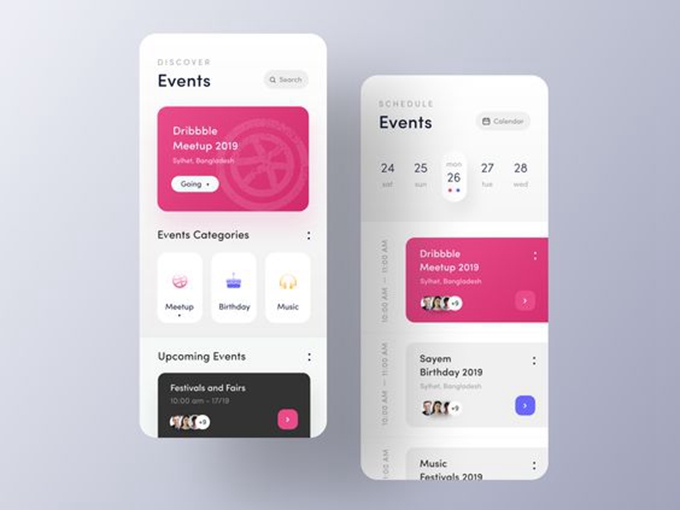What if one thing so simple as bolding elements of a phrase may make studying a breeze, enhancing your focus, velocity and comprehension?
That’s the declare made by the creators of Bionic Studying, an app that revises texts in order that probably the most concise elements of the phrases are “highlighted.”
Table of Content
- Bionic Reading app
- buy ios downloads
- cheap android app installs
- buy android app ratings
Doing so, in accordance with the makers of the app, directs the eyes to concentrate on the necessary elements of the textual content. As a result of “your mind reads sooner than your eye,” this enables customers to learn extra shortly and effectively.
Early adopters have raved concerning the app on social media – together with some customers with attention-deficit/hyperactivity dysfunction and dyslexia. However as an academic psychologist who researches studying in print and digital mediums, I believe the hype is overblown – if not deceptive.
Shaky claims
On the Bionic Studying web site, the inventor, a typographer named Renato Casutt, explains that Bionic Studying was examined independently utilizing 12 contributors. He provides that it wasn’t explicitly examined on individuals with dyslexia.
He then goes on to write down that “the outcomes are unclear.” From there, Casutt says Bionic Studying had a optimistic impact for many contributors, however that others discovered it “disturbing.”
These checks don’t adhere to straightforward scientific practices. A pattern measurement of 12 is extraordinary small, and it’s extremely unlikely it will make it previous an editor’s desk for peer evaluation at a good journal. Casutt doesn’t inform readers what the “optimistic impact” refers to. Was it studying time? Comprehension? Enjoyment?
The Dialog reached out to Bionic Studying for extra readability and to higher perceive its methodology. The corporate didn’t reply.
The corporate web site’s assertion that the “mind reads sooner than the attention” can also be deeply flawed.
Maybe it’s a reference to sight phrases: When somebody learns how one can learn, they usually have many phrases that they will make sense of by way of easy recognition, reasonably than by breaking down the phrase into particular person syllables or sounds. These sight phrases typically seem at a better frequency in texts in any respect studying ranges.
Both approach, what makes studying “gradual” isn’t as a consequence of an lack of ability to shortly understand the phrases themselves – which is what Bionic Studying claims to repair.
As a substitute, studying takes the time it does as a consequence of language processing, which is the place our brains flip strings of letters into phrases and a collection of phrases into that means.
So irrespective of how shortly you acknowledge sure phrases, your mind nonetheless has to do the work to know the sentence.
Velocity at a price
This isn’t the primary time somebody has tried to introduce methods to learn textual content extra shortly. In truth, educators used to show velocity studying within the Nineteen Eighties.
Nonetheless, that technique light from curriculums as analysis confirmed that sooner isn’t all the time higher – nor do the methods even result in sooner studying normally.
Bionic Studying might even hinder readers. Contemplate the speed-accuracy trade-off, which theorizes that the extra shortly one does one thing, the more serious their efficiency.
My colleagues and I examined this concept for studying comprehension throughout print and digital mediums. We discovered, time after time, whether or not in print or on a display screen, the sooner somebody learn a textual content, the much less probably they have been to understand it.
When individuals learn shortly, they work together with the textual content on a extra superficial stage, typically skipping over whole sentences or paragraphs and failing to reread necessary elements of the textual content.
Tried and true methods
To assist struggling readers, particularly these with dyslexia and ADHD, analysis means that one of the crucial useful instruments could be to easily encourage studying extra slowly.
That is the antithesis of Bionic Studying’s argument. Nonetheless, in contrast to Bionic Studying, the “learn extra slowly” faculty of thought has a long time of analysis supporting it.
Different easy steps, comparable to following alongside along with your finger or laptop mouse, could be useful for these with studying difficulties, too.
I can perceive the attract of Bionic Studying. Data bombards us. Sources of distraction are rampant. However studying proficiency scores have been dropping to new lows even earlier than the pandemic. Now isn’t the time to be valuing velocity at the price of comprehension.
